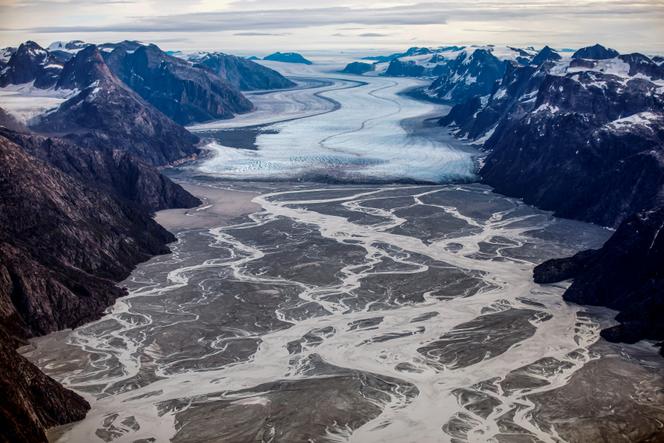


All 19 of the world's glacier regions experienced a net loss of mass in 2024 for the third consecutive year, the United Nations said on Friday, March 21, warning that saving the planet's glaciers was now a matter of "survival".
Five of the last six years have seen the most rapid glacier retreat on record, the World Meteorological Organization (WMO) said, on the inaugural World Day for Glaciers.
"Preservation of glaciers is a not just an environmental, economic and societal necessity: it's a matter of survival," said WMO chief Celeste Saulo.
Beyond the continental ice sheets of Greenland and Antarctica, more than 275,000 glaciers worldwide cover approximately 700,000 square kilometers, said the WMO. But they are rapidly shrinking due to climate change.
Together, they lost 450 billion tonnes of mass, the agency said, citing new data from the Swiss-based World Glacier Monitoring Service (WGMS).
It was the fourth worst year on record, with the worst being in 2023.
Glacier mass loss last year was relatively moderate in regions such as the Canadian Arctic and the peripheral glaciers of Greenland – but glaciers in Scandinavia, Norway's Svalbard archipelago and North Asia experienced their worst year on record.
At current rates of melting, many glaciers in western Canada and the United States, Scandinavia, central Europe, the Caucasus, New Zealand "will not survive the 21st century", said the WMO.
